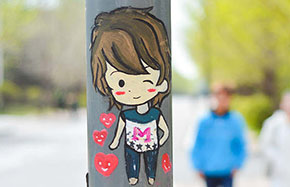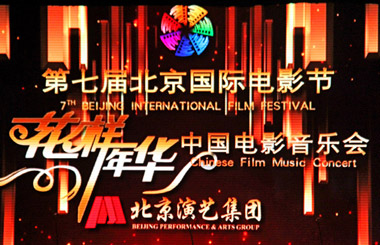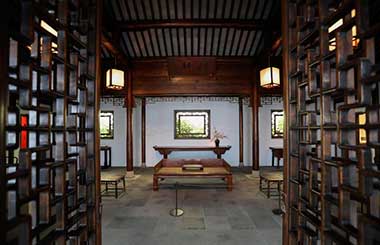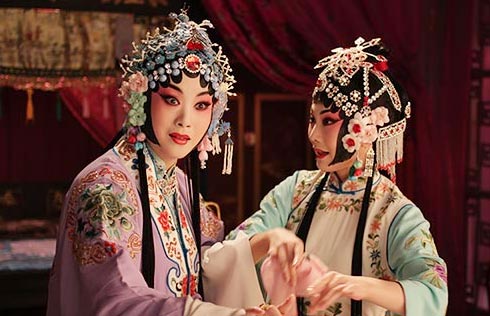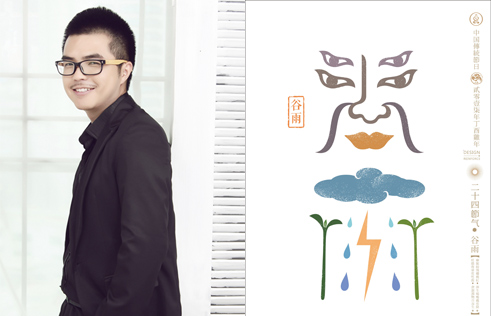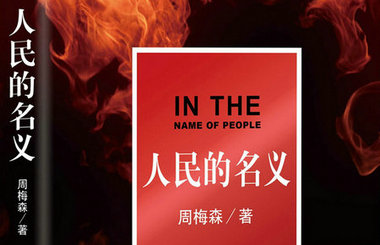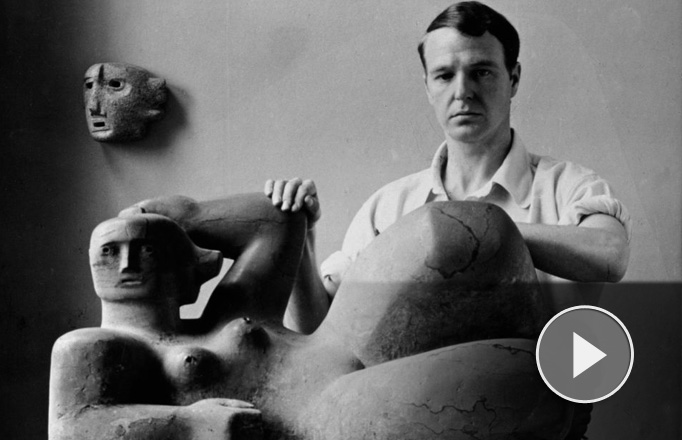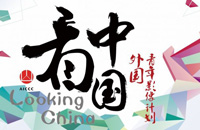Chinese bookstores adapt to social changes
Like CITIC Books, branded bookstores around the country are looking for their own niche market. In Guangzhou, a bookstore operates much like a boutique shop, offering designer accessories and artwork while giving readers space to read. In Beijing, a bookstore features cats, inviting cat lovers worldwide to spend an afternoon with books, coffee and their favorite pets.
What underlies the transformation of physical bookstores is a shift in China's consumption, which is becoming increasingly diversified and culture oriented.
"Not that long ago, big companies in China had all the power to determine what products would be made available to the market," said CITIC Group chairman Chang Zhenming in the company's annual report. "That era is long gone, and consumption models have changed to reflect the primacy of customer desire."
Whether it's selling artworks or offering coffee, booksellers have their own way to answer the call.
"The change in bookstore culture exactly reflects what's going on in the economy," Fang said.
Cultural spending in China as a whole is gaining momentum as authorities push the cultural sector. China's 13th Five-Year Plan (2016-2020), the country's social and economic development blueprint, is attempting to make the culture a "pillar" in the country's economy.
Local governments have also introduced detailed support measures, including rewards and tax incentives, to encourage physical bookstores.
According to a poll conducted by Renmin University of China, the Culture Consumer Index, a measure of the country's cultural consumption, increased from 73.7 in 2013 to 81.5 in 2015.
With government support and rising demand, publishers like CITIC Books cannot find a better time to innovate.




